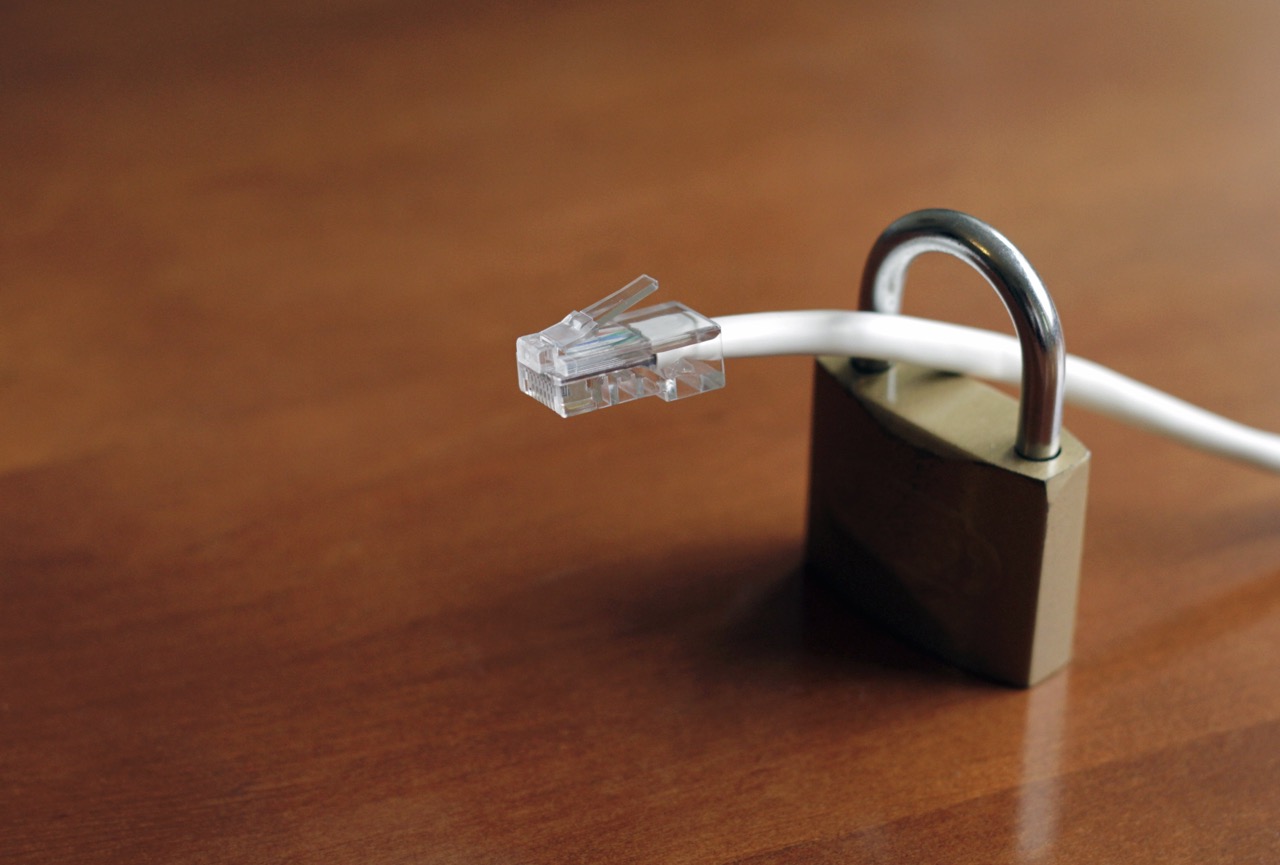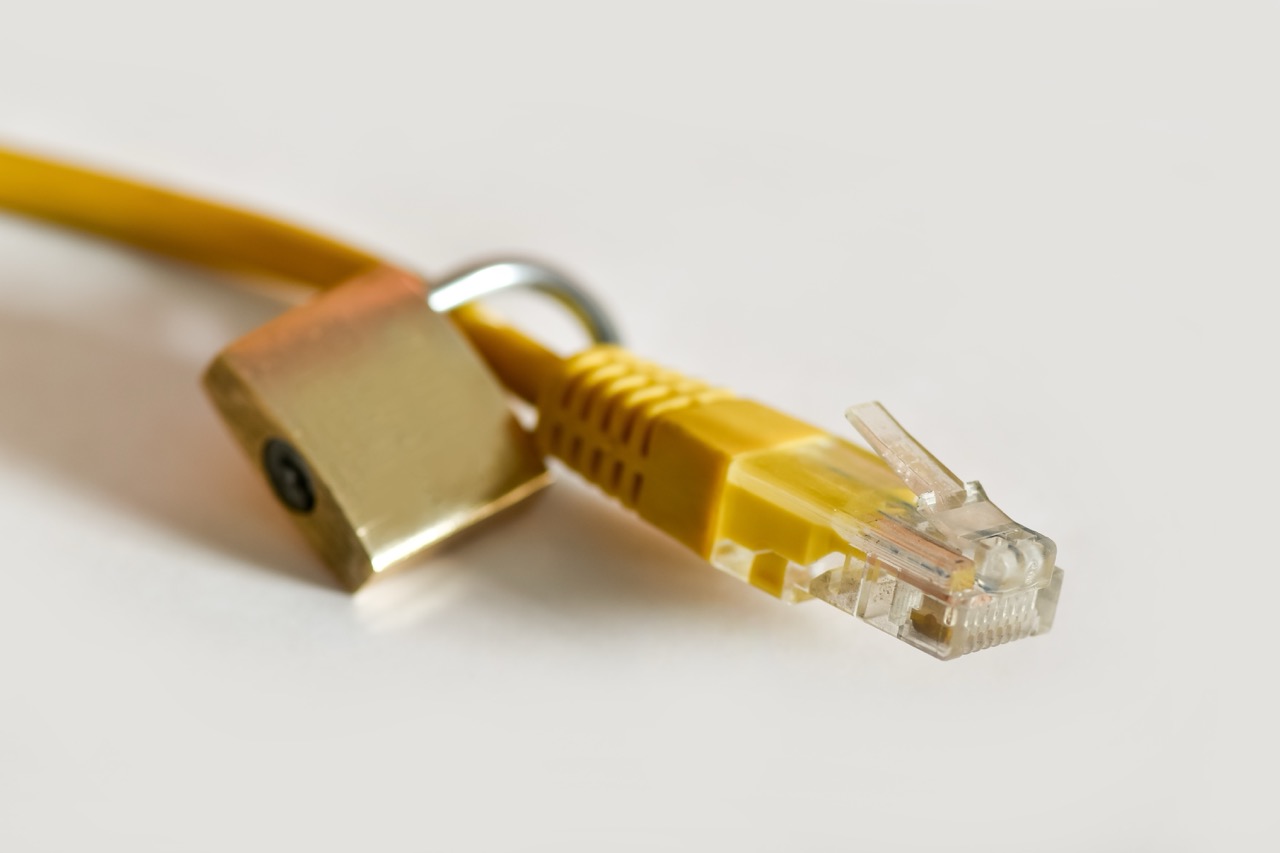Virtual Private Networks (VPNs) have become increasingly popular among internet users, particularly for those engaged in torrenting. By masking a user’s IP address and encrypting their internet connection, VPNs offer a layer of privacy that many find appealing. However, the intersection of VPN technology and torrenting raises important legal questions that users must be aware of to navigate this digital landscape safely. Understanding the implications of both VPN use and torrenting is essential for anyone looking to share files online.
Understanding VPN Technology and Its Role in Torrenting
A Virtual Private Network (VPN) is a service that creates a secure, encrypted tunnel between the user’s device and the internet. By routing your connection through a remote server, a VPN masks your actual IP address, making it appear as though you are accessing the internet from a different location. This technology helps protect user privacy and data, especially when using public Wi-Fi networks, which are often vulnerable to cyberattacks.
When it comes to torrenting, VPNs play a pivotal role in enhancing user security. Torrenting, which involves downloading and sharing files via peer-to-peer networks, can expose users to various risks, including data breaches and legal scrutiny. By utilizing a VPN, torrent users can conceal their online activities from ISPs (Internet Service Providers) and other third parties, thereby reducing the likelihood of being monitored or facing repercussions for downloading copyrighted material.
However, it’s important to note that while a VPN can enhance privacy and security, it does not make torrenting legal. Users still bear the responsibility of understanding the laws surrounding the files they share and download. A VPN serves as a tool for privacy protection, but it cannot negate the legal obligations that come with copyrighted content.
The Legal Landscape: VPNs and Torrenting Explained
The legal landscape surrounding VPNs and torrenting is complex and varies significantly by jurisdiction. In some regions, using a VPN is entirely legal, while in others, it may be restricted or heavily regulated. The same applies to torrenting; while the act itself is not illegal, the legality of the content being shared or downloaded is paramount. Engaging in torrenting activities with copyrighted material can lead to significant legal consequences, regardless of whether a VPN is employed.
VPNs can provide a shield against some legal repercussions by anonymizing users’ online activities. However, not all VPNs afford the same level of privacy or security. Some providers maintain logs of user activity that could potentially be handed over to authorities if requested. Therefore, users need to thoroughly research VPN services to ensure they select a provider that offers robust privacy policies and a strict no-logs policy, thereby minimizing the potential for legal complications.
Additionally, users should be aware that some countries have stringent laws regarding the use of VPNs. In such regions, using a VPN for torrenting could lead to severe penalties. Therefore, before engaging in torrenting activities, it is essential for users to familiarize themselves with their local laws regarding both VPN use and file sharing.
Copyright Laws: What You Need to Know About Filesharing
Copyright laws are designed to protect the intellectual property rights of creators, which includes music, movies, software, and other digital content. In many jurisdictions, downloading or distributing copyrighted material without permission violates these laws and can lead to legal action. Understanding copyright law is critical for anyone considering torrenting, as many torrents involve copyrighted works that are not authorized for public distribution.
In the United States, the Digital Millennium Copyright Act (DMCA) establishes strict penalties for copyright infringement. Under this law, copyright holders can issue takedown notices to ISPs, prompting them to remove infringing content or penalize users. Similar laws exist in various forms throughout the world, and the consequences for copyright infringement can range from fines to lawsuits. As such, users must exercise caution when downloading torrents and be aware of the content’s copyright status.
Internationally, the enforcement of copyright laws can differ widely, leading to confusion for users who may be engaging in torrenting across borders. Some countries may have more lenient laws regarding personal use, while others may take a hard stance against any form of copyright infringement. This variability underscores the importance of consulting legal resources or professionals who can provide accurate information tailored to specific circumstances.
Analyzing the Risks: Legal Consequences of Torrenting
The risks associated with torrenting can be significant, particularly when it involves copyrighted material. Legal consequences can vary widely depending on the jurisdiction and the nature of the infringement. In many cases, users may receive warning letters from their ISPs notifying them of potential copyright violations. These warnings often serve as a precursor to more severe penalties, including lawsuits or fines.
Moreover, the rise of copyright enforcement measures, including the use of automated systems to monitor torrenting activity, has led to increased risks for users. Organizations that hold copyrights often employ tracking technology to identify IP addresses associated with unauthorized downloads, allowing them to take legal action against individual users or ISPs. This heightened level of surveillance means that even casual torrent users may face unexpected legal challenges.
Additionally, the consequences of illegal torrenting can extend beyond legal repercussions. Engaging in torrenting, especially when using unsecured platforms or unreliable VPNs, can expose users to malware, hacking attempts, and data theft. As such, it is crucial for users to weigh the legal risks against the potential cybersecurity threats when deciding to participate in torrenting activities.
Choosing the Right VPN: Features for Safe Torrenting
Selecting an appropriate VPN for torrenting is essential for maintaining both privacy and security. Users should prioritize VPNs that offer strong encryption protocols, such as OpenVPN or WireGuard, which enhance the security of the connection. Additionally, a good VPN should have a clear no-logs policy, ensuring that user activity is not tracked or stored, which would otherwise expose users to potential legal action.
Speed is another critical factor when choosing a VPN for torrenting. Since torrenting involves downloading and uploading large files, a high-speed connection is necessary for a seamless experience. Users should look for VPN providers that offer unlimited bandwidth and multiple server locations, as this can help improve download speeds and minimize throttling from ISPs.
Finally, users should consider the compatibility of the VPN with their torrenting client. Some VPNs are specifically optimized for torrenting and may offer features such as a kill switch, which automatically disconnects the internet if the VPN connection drops, thereby preventing accidental exposure of the user’s IP address. Ensuring that the chosen VPN has these essential features can significantly enhance the safety of torrenting activities.
Best Practices for Legal Torrenting with a VPN Setup
To engage in legal torrenting while using a VPN, users should adopt a set of best practices to minimize risks. First and foremost, users should only download torrents that are explicitly labeled as public domain or have been verified as copyright-free. Many websites offer repositories of legal torrents, making it easier for users to find content they can download without infringing on copyright laws.
Moreover, users should always connect to their VPN before initiating any torrent downloads. This practice ensures that their IP address is masked throughout the entire process, providing an additional layer of security. It is advisable to test the VPN for leaks, such as DNS or IP leaks, using online tools to confirm that the VPN is functioning correctly and maintaining user anonymity.
Lastly, users should remain informed about regional laws concerning torrenting and copyright. Staying updated on legal developments can help users navigate the complexities of online content sharing, ensuring they remain compliant with applicable regulations. In addition, regularly reviewing the terms of service of torrenting sites and the legal implications of using VPNs can further safeguard users from potential legal challenges.
In conclusion, while using a VPN can enhance privacy and security for torrenting, it is essential to understand the legal implications surrounding both technologies. Users must navigate the complexities of copyright laws, be aware of the potential risks, and choose a reliable VPN service to ensure a safe torrenting experience. By adopting best practices and staying informed about legal developments, users can enjoy the benefits of torrenting while minimizing their exposure to legal and cybersecurity risks.










